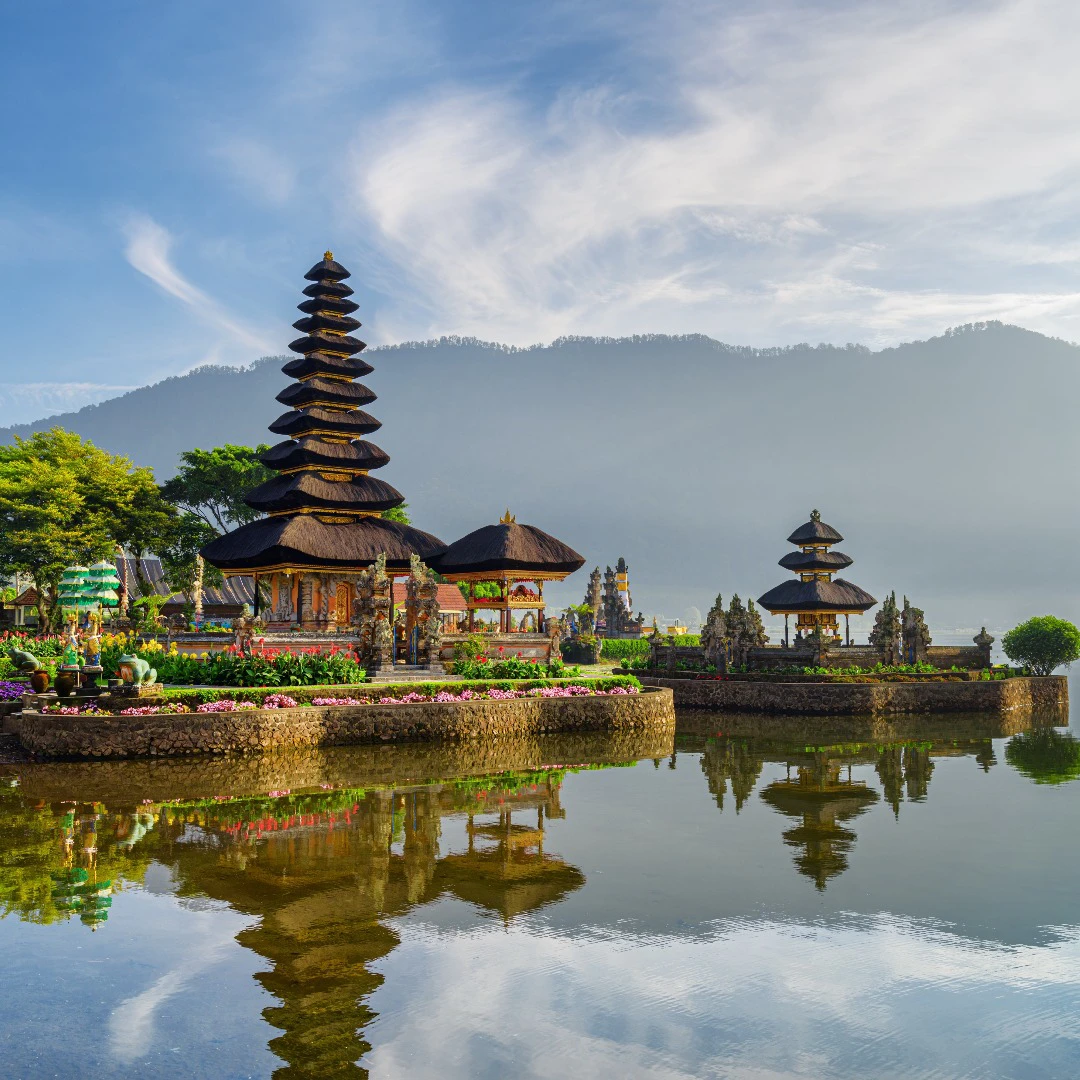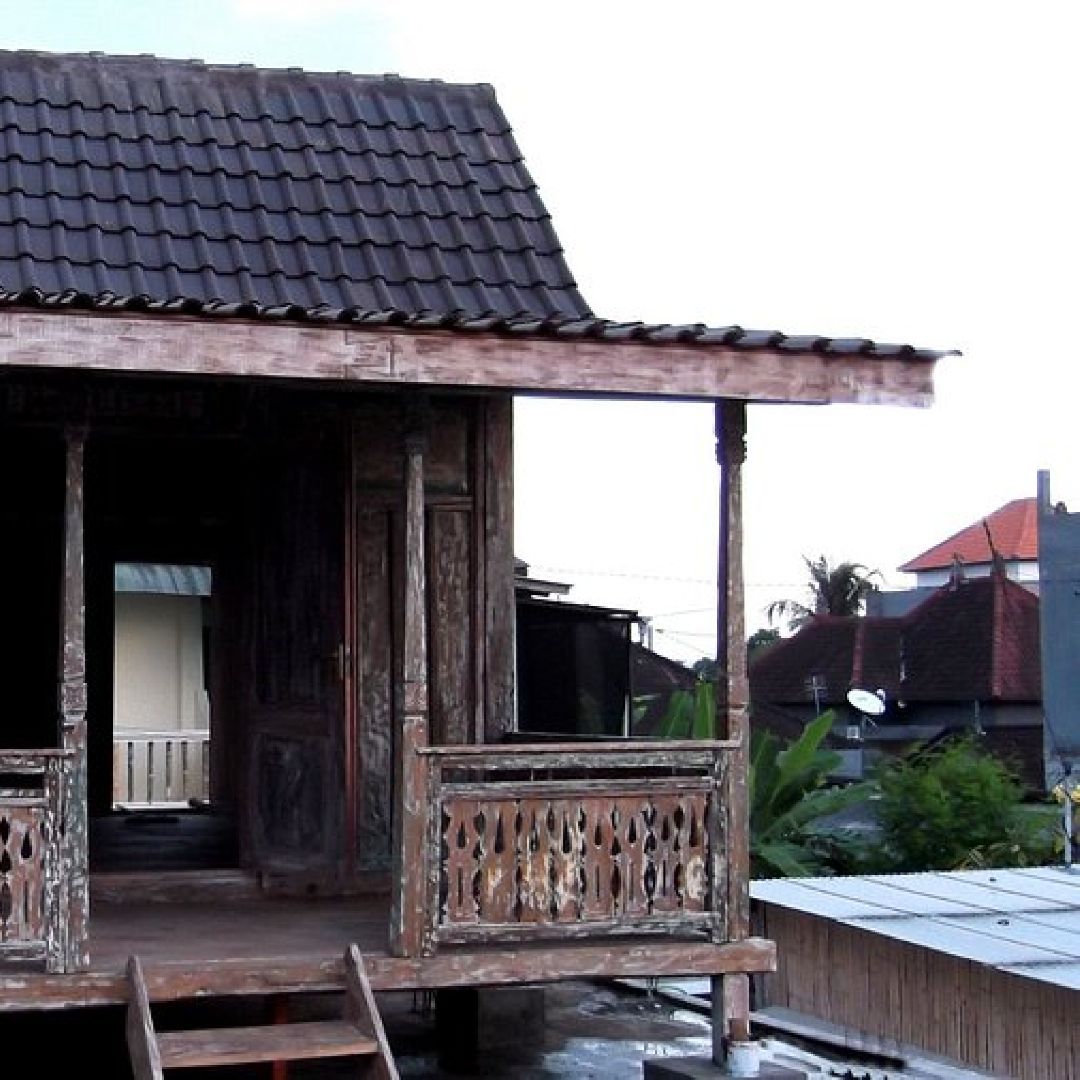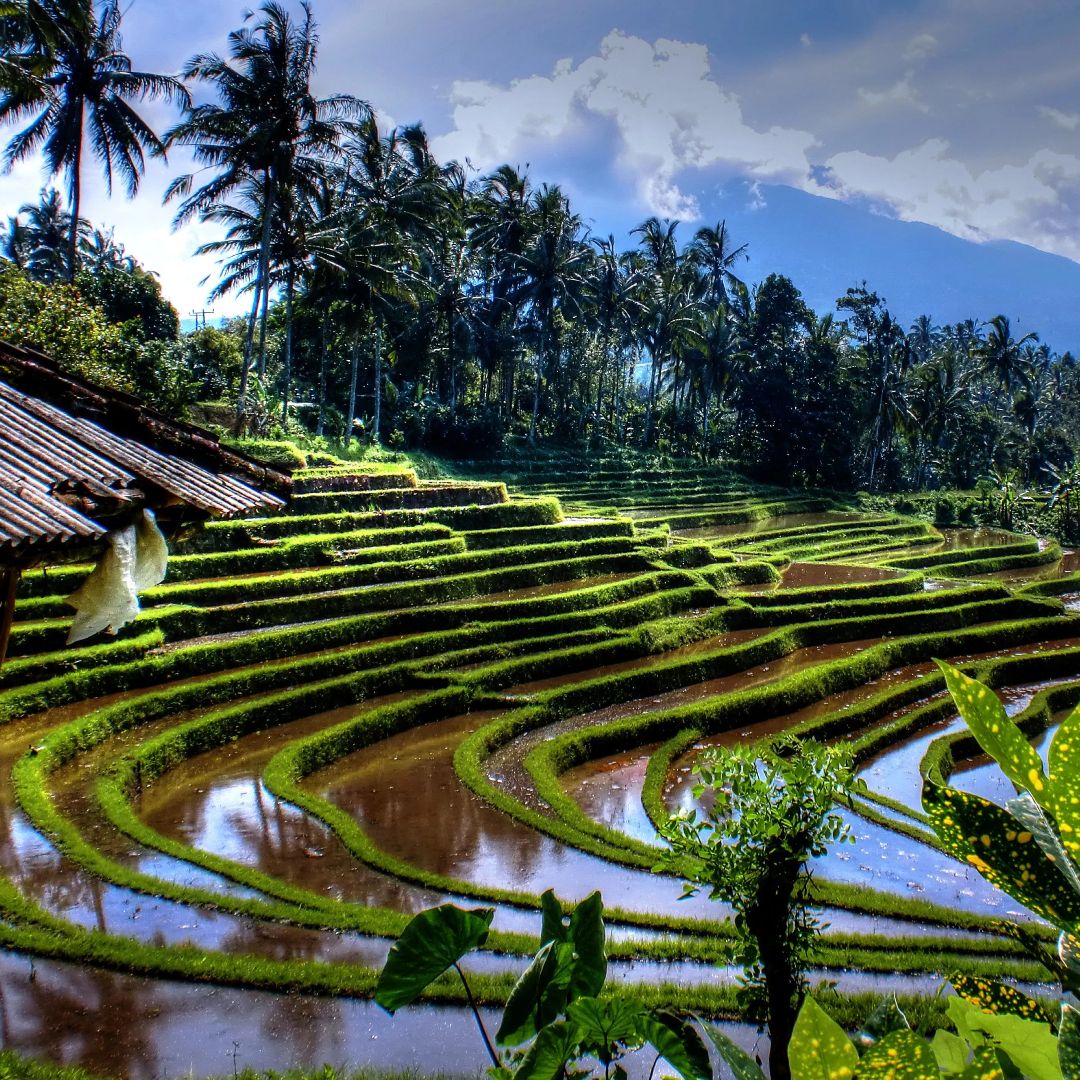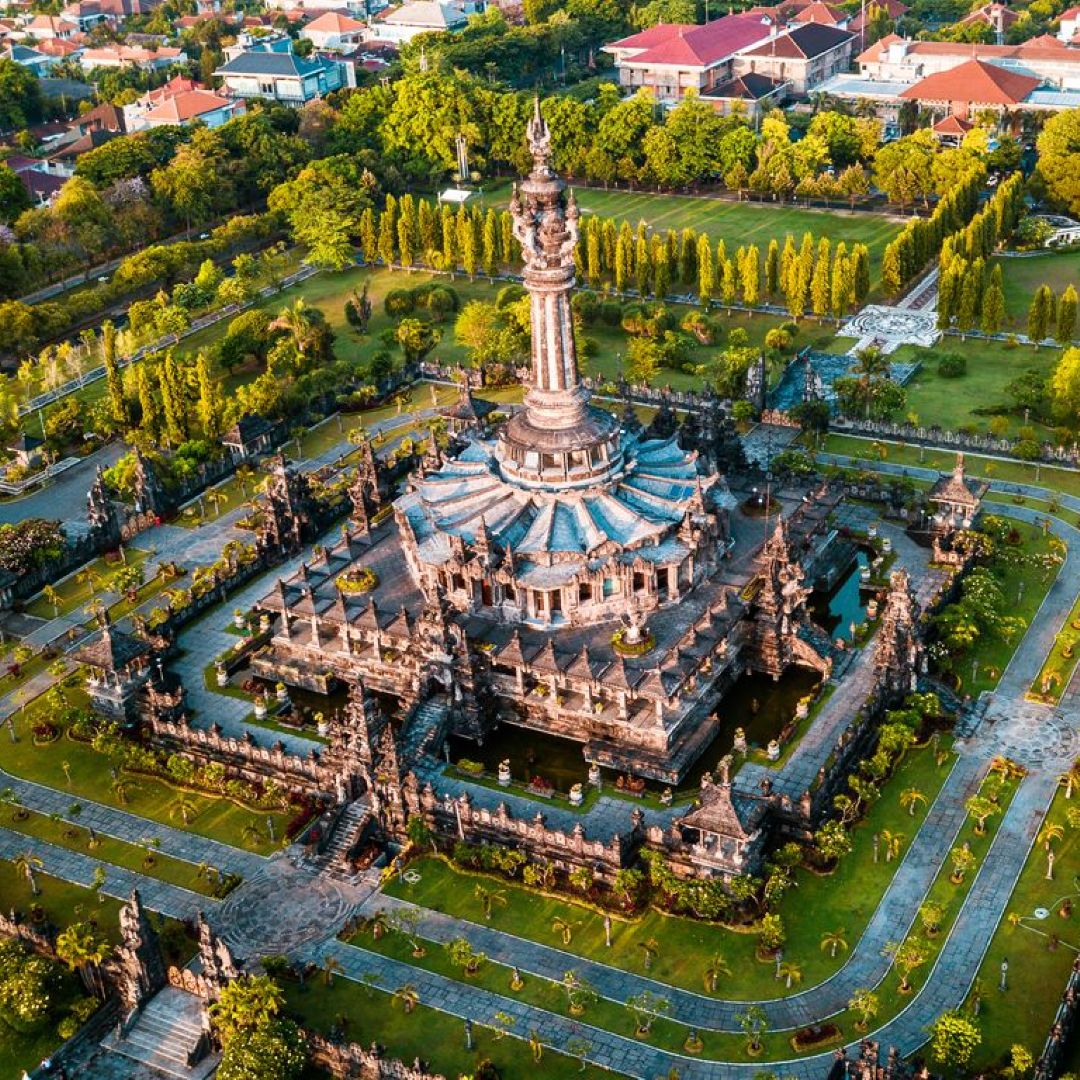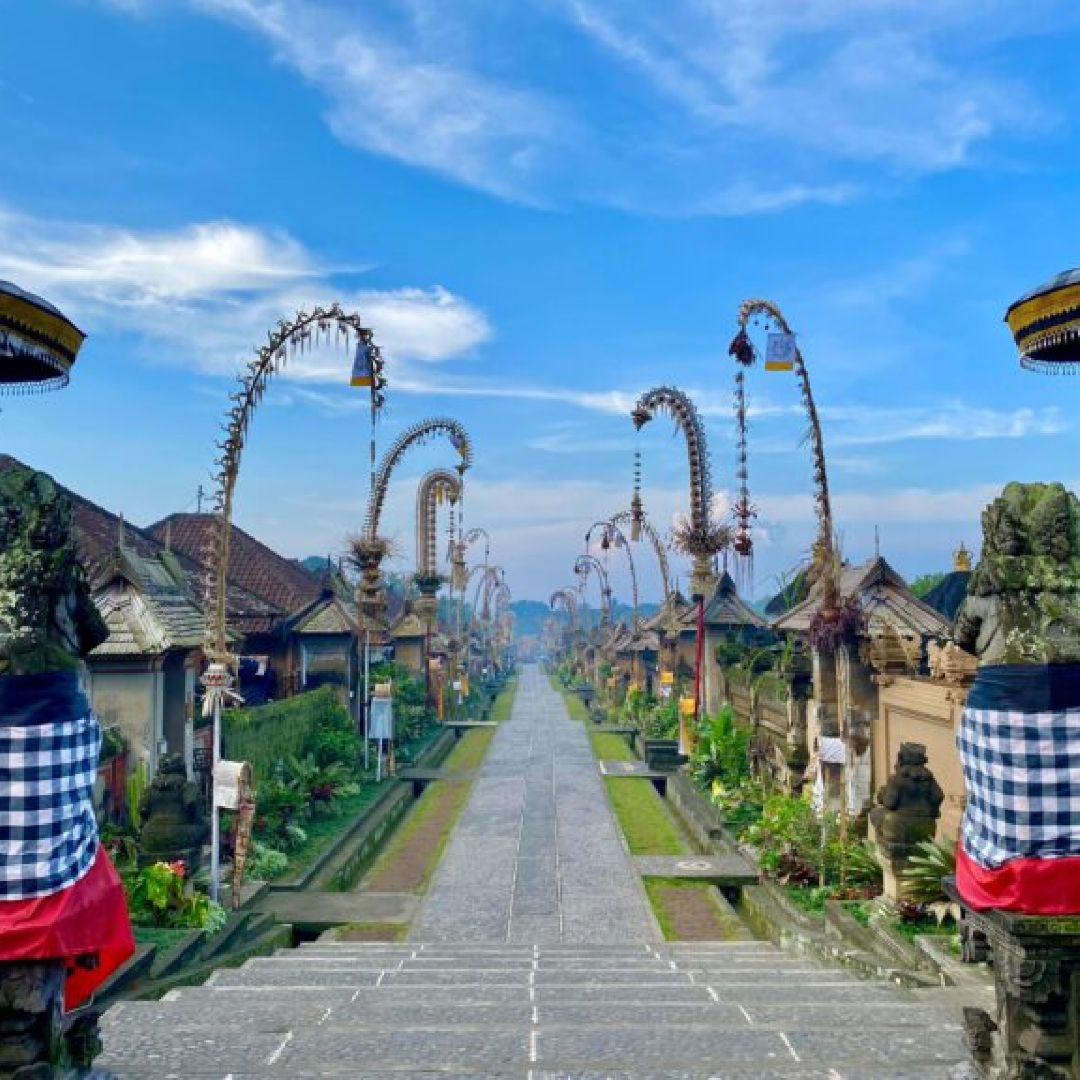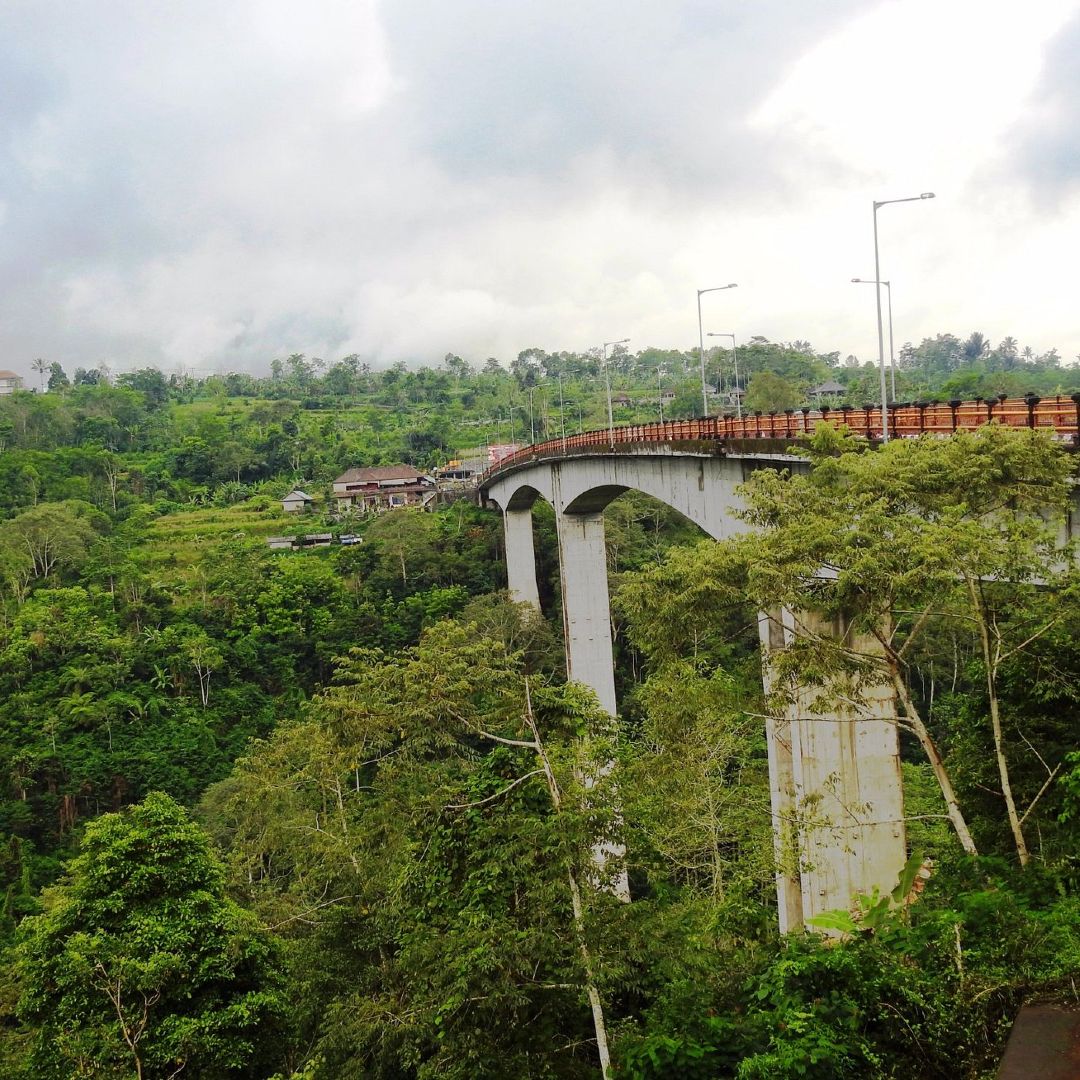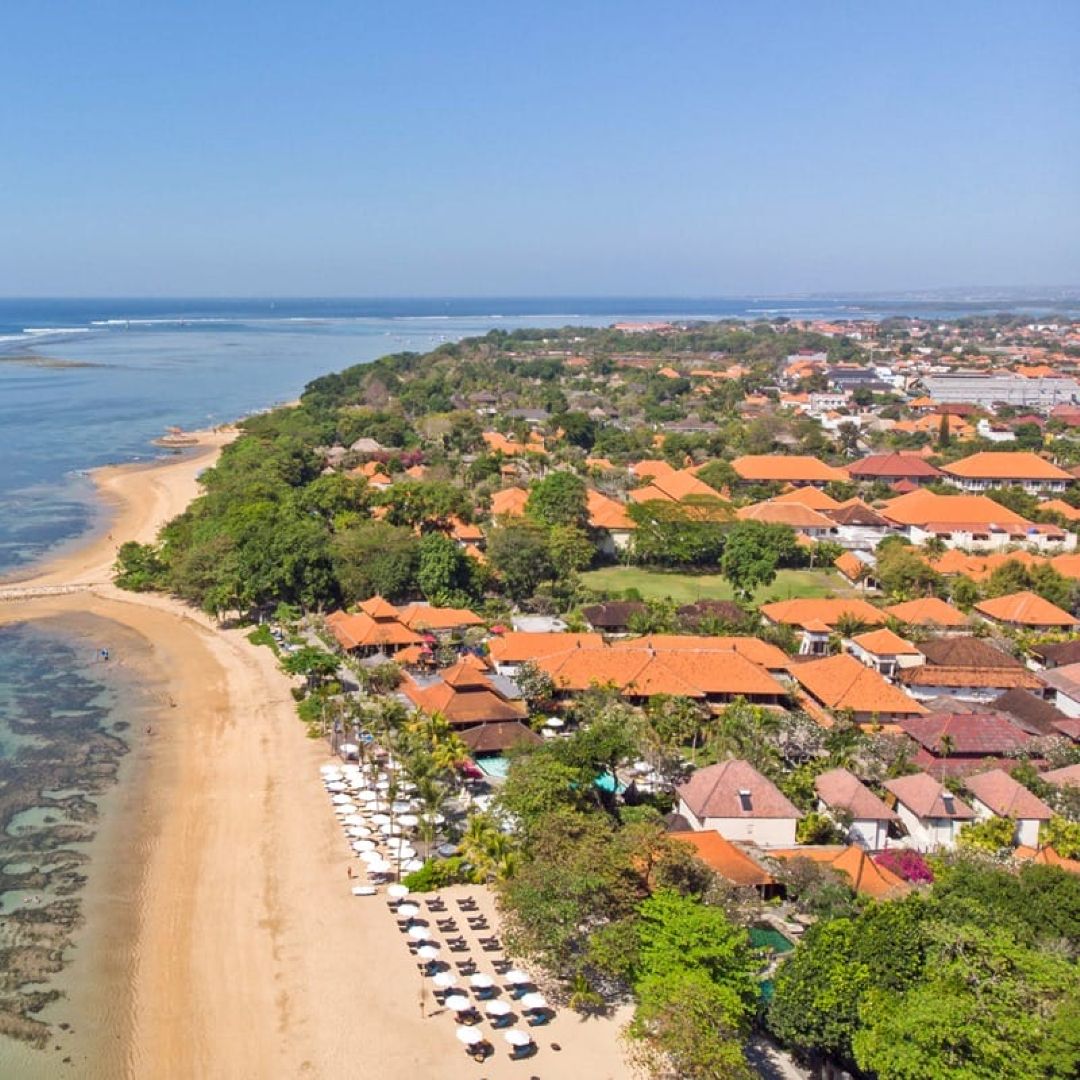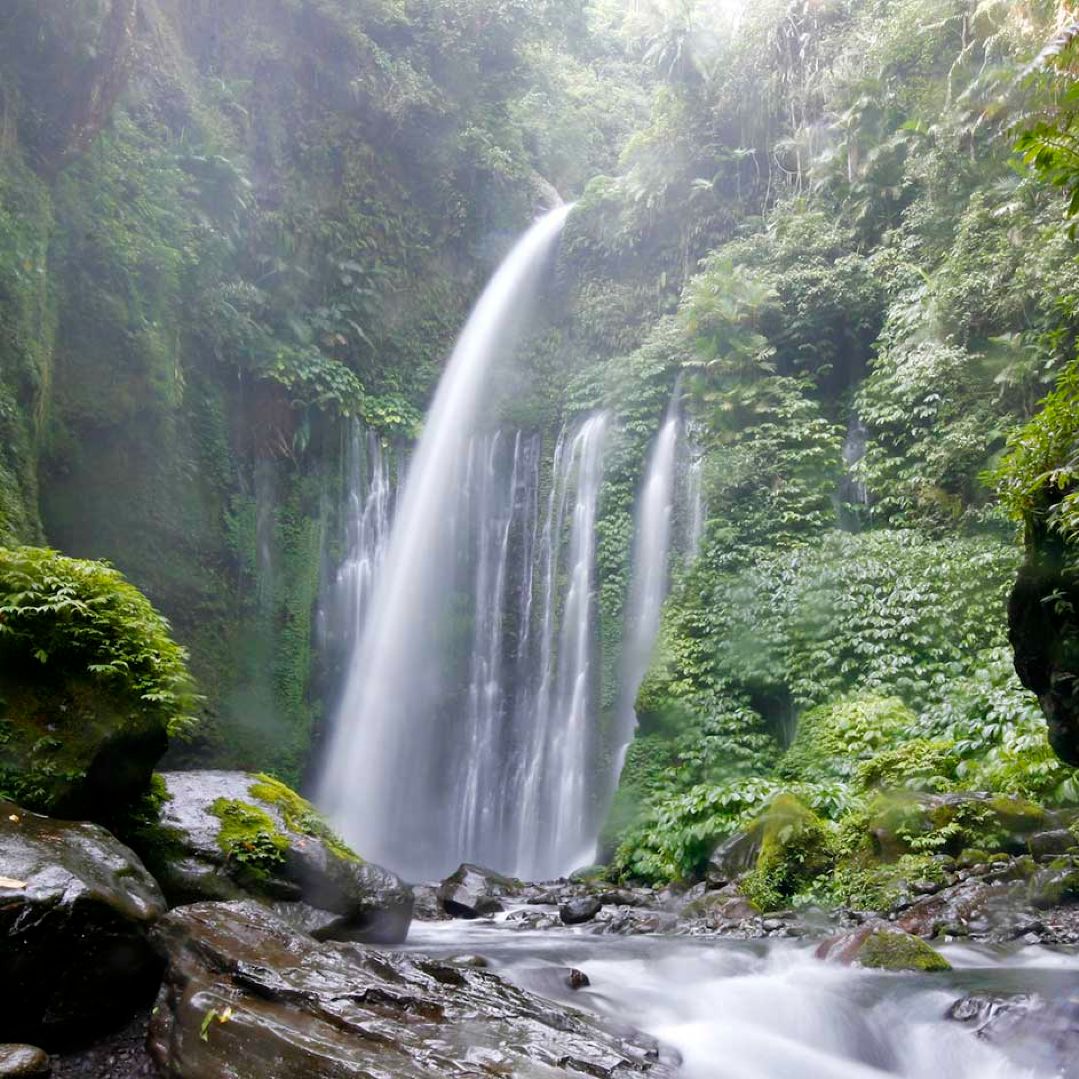Indonesia
Indonesia, “a universe of a thousand wonders”
In the heart of Southeast Asia, Indonesia unfolds its immense beauty across an archipelago of thousands of volcanic islands. This fascinating nation, home to astonishing ethnic and linguistic diversity, captivates with its natural and cultural richness. From jungles inhabited by orangutans and elephants to majestic white-sand beaches and towering active volcanoes, every corner of the country offers a unique experience. In Java, the vibrant energy of its cities contrasts with the spirituality of its ancient temples; in Bali, serenity permeates rice fields, rituals, and unforgettable sunsets. Indonesia is a true kaleidoscope of cultures, traditions, and landscapes. It is home to the mythical Komodo dragons, colorful markets, exotic flavors, and crafts that tell stories through their shapes and textures. Here, the ancient and the modern coexist in perfect harmony. Let yourself be seduced by a destination that promises endless adventures, unforgettable encounters, and a deep connection with nature and humanity. Indonesia awaits you with open arms and a soul full of surprises.
Programs at Indonesia

Getaway to Bali

Discover Bali from Sanur

Temples and rituals

Exploring Bali from Ubud

Dubai with Bali beaches

Bali Express

Classic Bali with Gili Trawangan

Landscapes of Java and Bali

Classic Sulawesi with Gangga Island

Four islands, four worlds

Classical Indonesia

Colors of Bali
What to see in Indonesia?
Tirta Empul Temple
Gunung Kawi
Royal Temple of Taman Ayun
Mount Batukaru
Kintamani
Tukad Cepung
Puri Agung Karangasem
Tirta Gangga Water Palace
Bali National Park
Borobudur
Sacred Forest Alas Kedaton monkeys
Bedugul
Useful information for traveling to Indonesia
DOCUMENTATION
A passport with at least 6 months of validity remaining is required. Most Spanish travelers will require a visa, which can be obtained upon arrival (Visa on Arrival - VOA) for short stays, or in advance for longer stays. It is crucial to check the updated requirements before your trip.
Indonesia has recently launched a new digital system, "All Indonesia," for Immigration Report, Customs Declaration, and Health Report on a single platform. This simplifies entry procedures and improves the arrival experience for travelers. The online form is available at https://allindonesia.imigrasi.go.id/ All travelers must complete the Indonesia Arrival Card online up to 3 days prior to travel. After submitting the form, they will receive a QR code via email, which they must present at immigration and customs counters upon arrival.
LANGUAGE
The official language of Indonesia is Indonesian, known locally as Bahasa Indonesia. It is a standardized language based on Malay and is used throughout the country as a lingua franca among the hundreds of ethnic groups who speak different regional languages. Although Indonesian is the official language in education, media, administration, and commerce, local languages such as Javanese, Balinese, Sundanese, and many others are also spoken in many regions. English is common in tourist areas, but learning a few basic Indonesian phrases will enrich your experience.
RELIGION
Although Indonesia has the largest Muslim population in the world, its spiritual richness is manifested in a remarkable religious diversity. Islam is the predominant faith, but on the island of Bali, Balinese Hinduism permeates daily life with rituals, offerings, and colorful celebrations. The country is also home to significant Christian, Buddhist, and Confucian communities, who live together in harmony. Respect for different beliefs is a deeply rooted value in Indonesian society. Although the state declares itself secular, the Constitution guarantees religious freedom, officially recognizing six religions and promoting peaceful coexistence between them.
TRADITIONS
Indonesia is a country of immense cultural diversity, where customs vary by region but share a deep respect for community, spirituality, and courtesy. Hospitality is a highly valued quality, and it is common to greet with a smile and gestures of respect. Daily life is governed by a sense of mutual cooperation, known as gotong royong, and religion is present in many aspects of life, from offerings in Bali to Islamic celebrations in Java. Modest dress, especially in religious spaces, is a sign of respect, as is the correct use of body language, avoiding pointing or touching others' heads. Meals are often shared within the family or community, and it is common to eat with the right hand. These traditions, passed down from generation to generation, make Indonesia a country where harmonious coexistence and mutual respect are an essential part of its identity.
CLIMATE
HEALTH
It is recommended to bring mosquito repellent and always drink bottled water to avoid health risks during your stay in Indonesia. Before traveling, it is advisable to consult with your doctor about vaccinations and specific precautions based on your itinerary. Although no mandatory vaccinations are required for entry into the country, except for those coming from areas with a risk of yellow fever (where a vaccination certificate is required), it is recommended to be protected against diseases such as hepatitis A and B, typhoid fever, tetanus, and measles, among others. Depending on the region you are visiting and the time of year, it may also be appropriate to receive recommendations regarding malaria or other mosquito-borne diseases. Traveling well prepared is key to a safe and healthy experience.
CURRENCY
The official currency of Indonesia is the Indonesian rupiah (IDR), usually represented by the symbol Rp. The reference exchange rate against the euro is approximately 1 EUR ≈ 19064 IDR.
ELECTRICITY
In Indonesia, type C and type F plugs are used, with a mains voltage of 230V and a frequency of 50Hz.
PAYMENT METHODS
In Indonesia, the most common payment methods are cash (Indonesian rupiah), credit and debit cards (Visa and Mastercard), and e-wallets like GoPay and OVO. Cards are widely accepted in tourist areas and larger establishments, but cash is still essential in markets, local shops, and rural areas.
MEANS OF TRANSPORT
To get around the country, domestic flights are efficient. Within the islands, taxis, ride-sharing services (such as Grab or Gojek), rental motorbikes, and local buses are all options. Bemos (public minibuses) are an affordable way to experience local life.
GASTRONOMY
Indonesian cuisine is a true reflection of the archipelago's cultural and geographical richness, with a variety of flavors, aromas, and culinary traditions that vary from island to island. Rice, the basis of daily nutrition, is accompanied by an exuberant combination of fresh ingredients, intense spices, and artisanal sauces that result in dishes of great complexity and character. Among the most representative delicacies are Nasi Goreng (fried rice), Mie Goreng (fried noodles), Satay (grilled marinated skewers), and the exquisite Rendang, a meat curry slowly cooked in coconut milk and spices. The hearty and flavorful street food is an unmissable experience: authentic, affordable, and deeply connected to the country's daily life. Dare to explore it and be surprised by its unique flavors. Some of the most common and popular drinks are tea (teh) and coffee (kopi). Sweet tea (teh manis) and coffee mixed with sugar (kopi tubruk) are popular choices to serve to guests. In addition, there are traditional drinks such as Jamu (a medicinal drink made from turmeric) and Air Guraka (a drink with walnuts, ginger, and palm sugar). Local alcoholic drinks such as arak and tuak can also be found. Klepon is one of the most famous Indonesian desserts, found in traditional markets and local roadside stalls. These sweet sticky rice balls are filled with pieces of palm sugar and boiled. After cooking, they are coated in grated coconut before serving.
USEFUL TIPS
When traveling in Indonesia, it's helpful to know that haggling is common in traditional markets and small shops. Negotiating with a smile is not only accepted, but also part of the cultural experience. Maintaining an open mind and a respectful attitude toward local customs is essential; many traditions may differ from Western ones, and being open-minded will enrich your trip. The tropical sun can be intense, so it's recommended to protect yourself properly, use sunscreen, and stay well hydrated, especially during hikes or visits to temples and natural landscapes. It's also wise to take care of your personal belongings, especially in crowded areas like markets, stations, and tourist centers, where there's a higher risk of petty theft. Traveling with cultural sensitivity and a little preparation will make your experience in Indonesia not only safe, but also deeply enriching.
